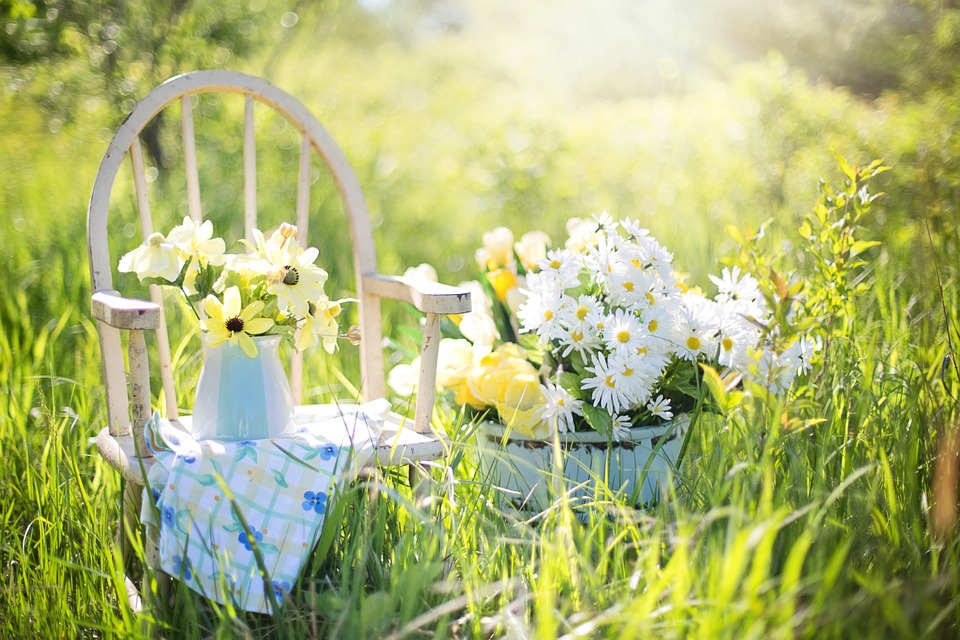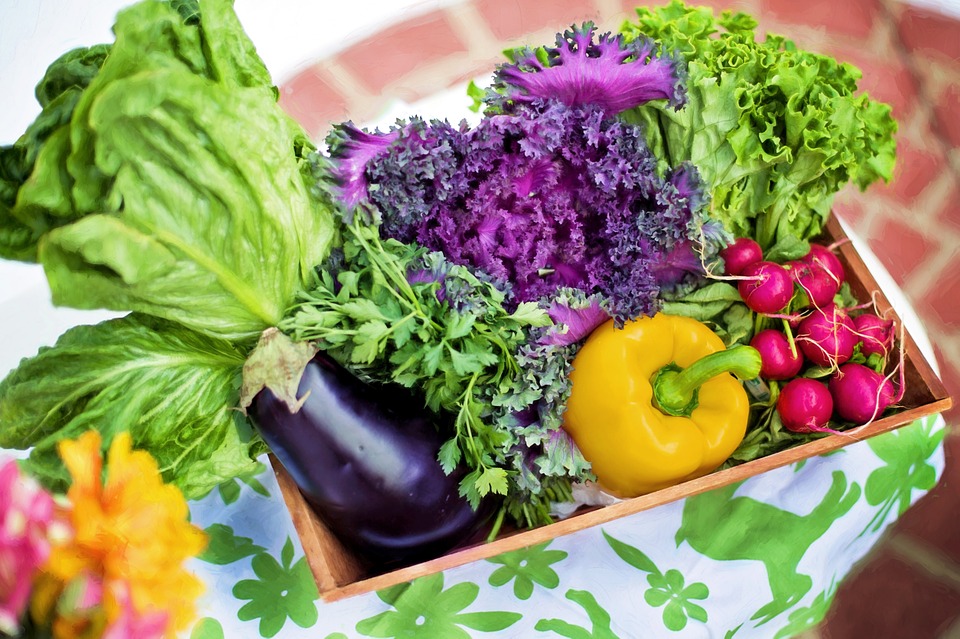Every moment you spend working in your garden is a moment well spent. Truly, there is something incredibly satisfying in the fact that the fruits of your labor will one day become the fruits of the garden and that you will have your own, home-grown food on the table. However, good results are not always achieved by pure labor. If you want your plants and vegetables to reach their fullest potential you will need to use compost, an organic matter that makes the soil more fertile and improves plants’ growth. But, how to make compost?
Table of Contents
It All Starts with a Bin
Making compost is a pretty lengthy process. Depending on the method you are going to use, it may take you anywhere between 20 days and 12 months. In any of these cases, you will need a compost bin where the organic material will have the opportunity to slowly decompose. Fortunately, the bin whose main purpose is to keep the beneficial bacteria inside doesn’t really have to look the part and it’s very easy to make. Once you find enough pieces of lumber (you won’t need more than 20-25), the actual work will only take you a couple of hours.

Put the Bin in the Perfect Spot
Basically, the place where you’re going to put the compost bin has to meet only two conditions. The surface needs to be flat and the area needs to be well-drained. The first condition is an obvious one – you want your bin to be stable despite the elements. As for the second, the excess water can cause the overgrowth of weeds you’re going to use for composting. Also too much water will put off the worms (more on them later).
Find the Right Organic Materials
Now that you’ve set up the composting location, you need to find the actual composting material. The quality of the compost will largely depend on the things you put in the bin. That is why we are going to give you short lists of things you should use and the things you should stay away from as far as possible.
Right Stuff
- Fruit waste
- Tea bags
- Vegetable peelings
- Grass clippings
- Spoiled hay
- Wood ashes
- Manure
- Crushed eggshells
- Cardboard egg boxes
- Fallen Leaves
While all these materials decompose at varying speeds, they all provide great-quality final product.
Wrong Stuff
- Meat and dairy products
- Perennial weeds or any other weeds with seed heads
- Metal, glass and plastic
Get the Mix Right
Most of the companies providing professional gardening services use the compost that was made by carefully mixing “browns” and “greens”. There is no reason why you shouldn’t do the same. If your compost feels too wet, add more “browns.” If the compost looks too dry, throw in some “greens”. Also, it is very important to regularly stir the content, and throw in a good measure of scrunched cardboard that will create the air pockets and keep the compost healthy.
Let the Worms do the Heavy Lifting
People usually don’t have too high of an opinion about worms. But worms are very useful creatures. Especially the little fellow called “tiger worm”. What’s so great about them is that they can spend their entire life eating the material you put in the bin and converting it into compost, thus accelerating the entire composting process. If your bin doesn’t attract enough worms, you can always find them in a specialized shop.
And now, all you have to do is to roll up your sleeves and get to work. Sure, creating the top-quality compost will take some time and effort. But, when you finally succeed and take a look at your lush organic garden you will know that all the hard work has paid off.





















